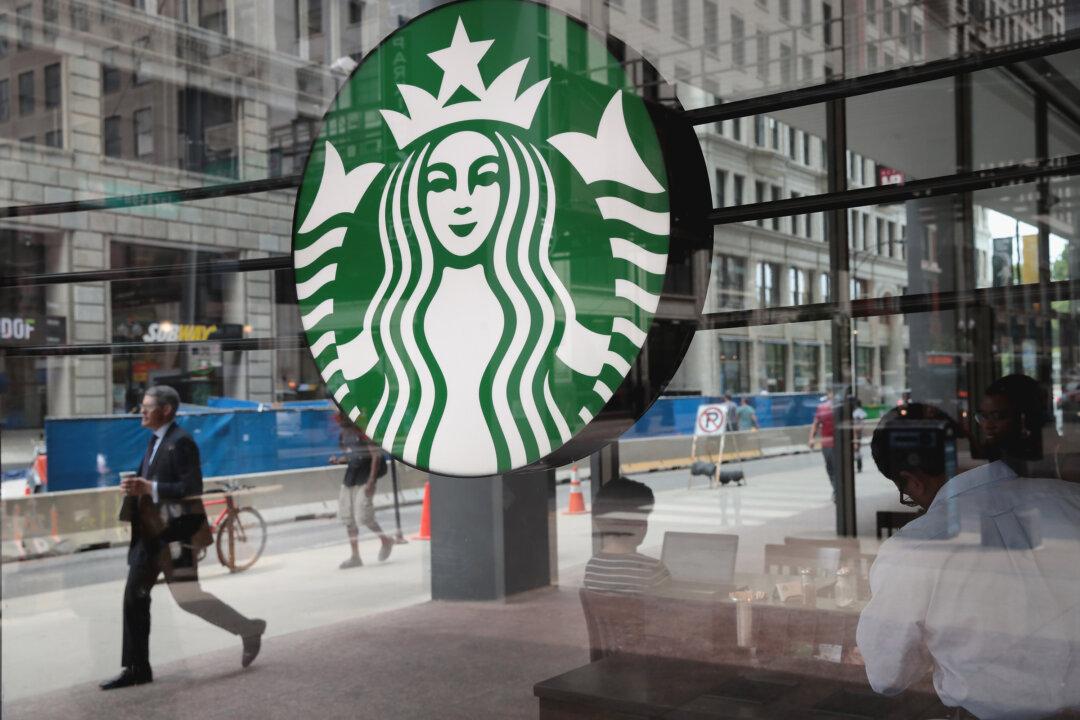Starbucks and Costco are raising the hourly wage for their employees across the United States in an effort to recruit more workers amid a nationwide labor shortage.
Starbucks said in a statement on Oct. 27 that it will be raising nonsalaried workers’ wages to $17 an hour while barista hourly rates will range from $15 to $23 per hour across the country in summer 2022.




